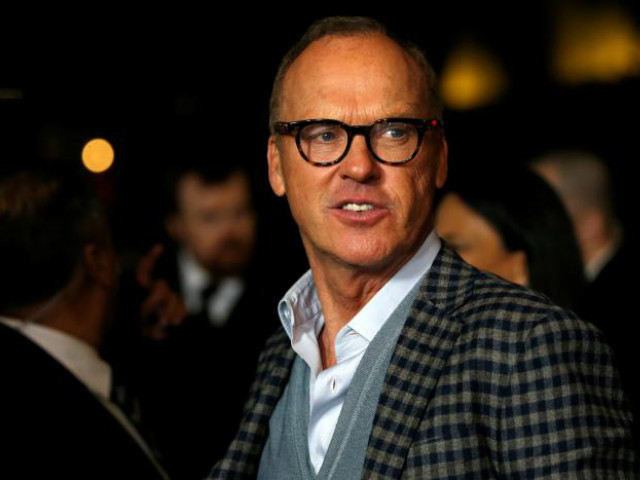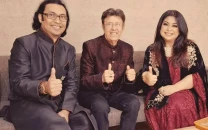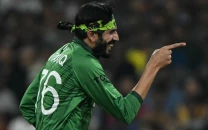Behind the Big Mac: McDonald's gets film, book spotlight
Man who turned a hamburger stand into McDonald is having a posthumous Hollywood moment

PHOTO: REUTERS
Michael Keaton plays Ray Kroc, a hard-drinking, somewhat desperate middle-aged milkshake equipment
 salesman who 60 years ago out-hustled the McDonald brothers to gain control of their namesake brand in The Founder, which is opening in US movie theatres on Friday.
salesman who 60 years ago out-hustled the McDonald brothers to gain control of their namesake brand in The Founder, which is opening in US movie theatres on Friday.Kroc, who died in 1984, convinced Richard and Maurice McDonald to let him franchise their clean, quick-service restaurants that helped end the US carhop era.
McDonald's launches Nutella burger in Italy
He then wrested so much control over the brand that the brothers agreed to be bought out in 1961 for $2.7 million.
"I'm drawn to stories about polarising, difficult men," said screenwriter Robert Siegel, who also wrote The Wrestler. "Keaton is good at that oily charm
 ."
."The film closes with the bombshell allegation that Kroc cheated the McDonald brothers out of what would have been a massive annual royalty payment. The brothers' survivors, who struck a rights deal with the film's producers, have made that charge.
However, it was not confirmed by other sources or in media interviews with the brothers themselves, whose major complaint appeared to be Kroc's appropriation of the McDonald's founder title.
McDonald's reduces use of its famed mascot during 'creepy clown' craze
McDonald's Corp declined comment on the issue.
"The Founder" arrives on screens on the heels
 of Ray & Joan: The Man Who Made the McDonald's Fortune, a 2016 book by journalist Lisa Napoli that turns the spotlight on Kroc's third wife.
of Ray & Joan: The Man Who Made the McDonald's Fortune, a 2016 book by journalist Lisa Napoli that turns the spotlight on Kroc's third wife.Joan Kroc, who died in 2003, lived lavishly while using Kroc's billion-dollar fortune to promote causes sure to have sent her husband, a pro-business conservative who supported US President Richard Nixon, spinning in his grave.
The book traces their tumultuous relationship, which blossomed through a mutual love of music and business. But Napoli says it was Ray's unwavering devotion to bargain-barrel "Early Times" whiskey that fueled both conflict in the marriage and aspects of Joan's charitable giving.
In keeping with the times, Joan did not speak openly about Ray's drinking, which "doesn't square well with the mythology of McDonald's," Napoli said.
"She couldn't get him to quit, so she helped other people like herself to deal with people who drink," Napoli stated.
Joan supported addiction research, awareness and treatment through gifts to major universities and facilities such as the Hazelden Foundation and the Betty Ford Clinic. Other major recipients include the Salvation Army, National Public Radio and the Ronald McDonald House Charities.
Have something to add to the story? Share it in the comments below.



















COMMENTS
Comments are moderated and generally will be posted if they are on-topic and not abusive.
For more information, please see our Comments FAQ